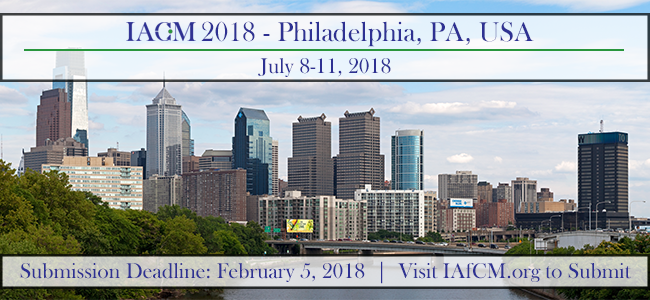Full Program »
Refugees – the NIMBY effect and its relations with morality, place attachment, social distance, and distrust of authorities
NIMBY (Not In My Back Yard) is commonly understood as rejection of new environmental developments, despite the fact that they are perceived as necessary. Presented work refers to the social phenomenon of refugee crisis. The aim of this study was to examine whether NIMBY attitude occurs towards Syrian refugees in the Polish society. We called this phenomenon the “refugee-NIMBY effect”, and defined it as a general positive attitude towards refugees and support for helping them, with reluctance to accepting them in one’s proximity. In this study (N = 379) we examine what governs both the refugee-NIMBY effect and people’s willingness to take in refugees to their own homes. Results showed that refugee-NIMBY can be predicted by Purity/Sanctity, relative place attachment, social distance and distrust of authorities. Respondents’ willingness to give refugees shelter is govern by their positive attitudes towards this group, Fairness/Reciprocity and Purity/Sanctity, and by lack of place attachment.
